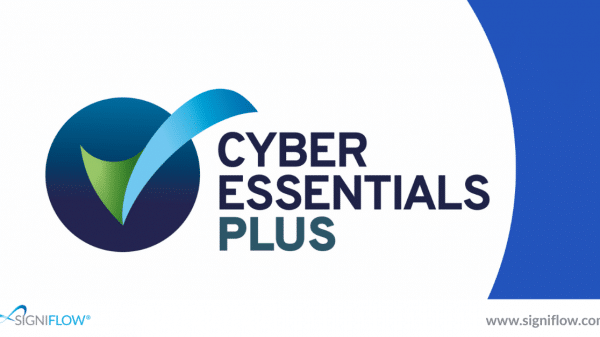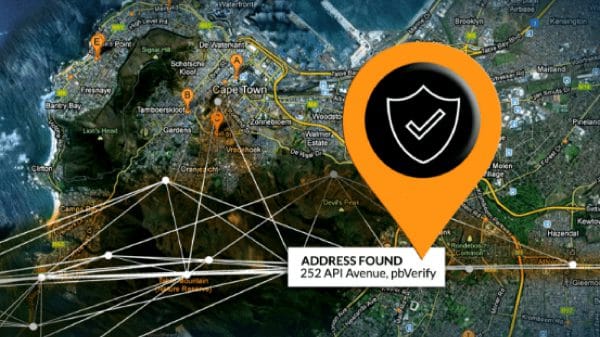In the rapidly evolving landscape of digital transactions, the acceptance and legal validity of electronic signatures are crucial for modern businesses. In Zambia, the Electronic Communications and Transactions Act of 2021 provides the regulatory framework for electronic signatures. This ensures the legality and security of electronic transactions in the country.
Understanding Electronic Signatures
The Act defines an “electronic signature” as any sound, symbol, process, or other data created or adopted by a person intending to sign a data message. This broad definition encompasses various facts of electronic signatures, including standard, digital, and advanced signatures.
- Standard electronic signatures are widely accepted and legally recognised in Zambia for signing electronic documents.
- Digital signatures transform an electronic record using an asymmetric cryptosystem and a hash function, providing higher security and authentication.
- Advanced electronic signatures are based on certificates unique to the user, capable of verification, and under the signer’s sole control. They are linked to the data, so any alteration would invalidate the signature.
Legal Validity
Section 6 (2) of the Electronic Communications and Transactions Act clarifies that an electronic signature holds legal force and effect, regardless of its electronic form. Moreover, the Act specifies that where a signature is required by law and the law does not specify the type of signature, an advanced electronic signature fulfils the requirement.
Certification Authority and Cryptography Services
The Act establishes provisions for certification authorities responsible for managing and issuing certificates and public keys. Entities offering cryptography services must apply for registration with the National Root Certification Authority, ensuring compliance with prescribed standards and procedures.
Documents Requiring Advanced Electronic Signatures
Certain documents in Zambia require advanced electronic signatures for validity, including those needing notarisation, acknowledgement, verification, or oath. Additionally, an advanced electronic signature certification is necessary to meet legal requirements when providing electronic copies of physical documents.
Limitations
While electronic signatures offer convenience and efficiency, certain documents in Zambia cannot be signed electronically. These include wills, declarations of trust, powers of attorney, and contracts or transfers involving immovable property.
Recognition of Foreign Certificates
The Act also provides provisions for recognising licenses, accreditations, or recognitions granted to foreign certification authorities by foreign countries, enhancing the interoperability of electronic signatures across borders.
Conclusion:
Zambia’s Electronic Communications and Transactions Act 2021 establishes a robust legal framework for electronic signatures, ensuring contractual legality, security, and reliability in electronic transactions.
SigniFlow Software, in compliance with this framework, facilitates secure and legally binding electronic transactions for businesses operating in Zambia.
If you are ready to make the change from traditional to electronic signatures, book your free trial or contact us.



























